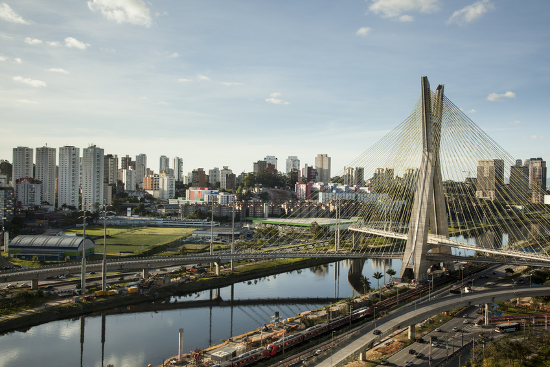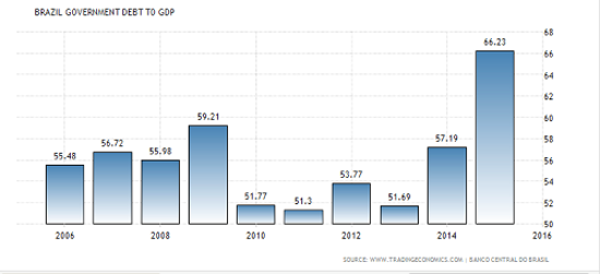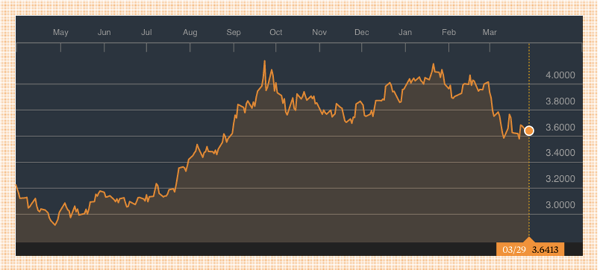The Brazilian Crisis and Its Gray Future

By Edgar Ortiz May 2, 2016
Translated from Spanish by Katarina Hall
It is true that commodity-producing countries have suffered from the fall of international commodity prices. Brazil, in particular, suffered a great extent. If we keep in mind Brazil’s main exports—which include iron, soy, oil, and sugar—it is logical that the country’s trade balance has deteriorated, as mentioned in a September 2015 article.
Other raw material-producing countries, such as Chile or Colombia, also suffered from the fall of commodities, yet they have gradually recuperated. Brazil, on the other hand, is sinking into one of its worst economic crises.
The economic crisis is already a fact, but what is troublesome are the elements that paint a rather gray scenario for Brazil’s economic recovery. Therefore, the main factors that prevent Brazil from overcoming its economic crisis should be examined.
Public Debt: Brazil raised its public debt to GDP ratio by 15 percentage points since 2013. By December 2014, however, Moody was already warning about the “hidden” or indirect debt that proved to be even worse for Brazil. The debts of the Brazilian government in pensions and other guarantees on private debt made the government’s total debt to the one reflected in the following graph. It shows that in February of this year, Moody downgraded Brazil’s rating to “junk bonds” and estimated that public debt to GDP can reach 80% by 2018.
Depreciation: The Brazilian real suffered; it depreciated more than 40% against the dollar in 2015. This is logical considering the commercial deficit in 2014 and the poor performance of the exporting prices of goods. The risk posed by a depreciated real is explained by two factors. First, foreign public debt poses a risk because a depreciated real makes it more expensive to repay the public debt denominated in dollars. Secondly, it affected companies indebted in dollars and made corporate debt denominated dollars fall since 2014.
Political Crisis: The corruption scandals surrounding the state company Petrobras produced a severe political crisis in Brazil. Rousseff’s government has shown instability and she faces possible impeachment. Ideally, politics should not be relevant, but the actual political crisis has not sent encouraging messages to investors. Considering the halt of the real’s depreciation, there is an incentive to intervene in the country. Yet distrust in institutions prevents capital from flowing into Brazil.
Get our free exclusive report on our unique methodology to predict recessions

Edgar Ortiz
Edgar Ortiz has a degree in Law from the Francisco Marroquín University. He holds a master in Austrian Economics at the Rey Juan Carlos University in Madrid. He is the executive director of the Center of Economic and Social Studies (CEES). He is a professor of economics at the Francisco Marroquín University, and he is also an analyst on issues related to the situation at Canal Antigua. He works as an associate lawyer at Estudio Jurídico Rivera.
Get our free exclusive report on our unique methodology to predict recessions




